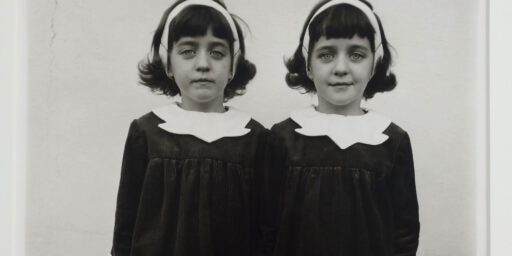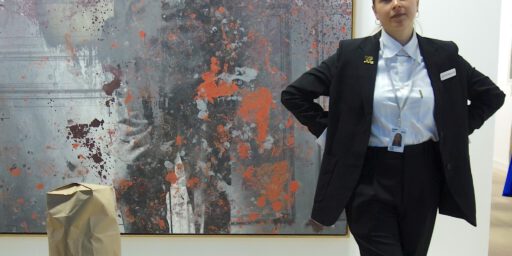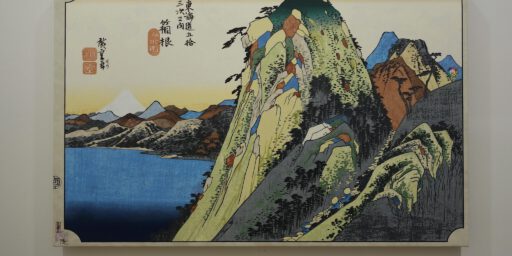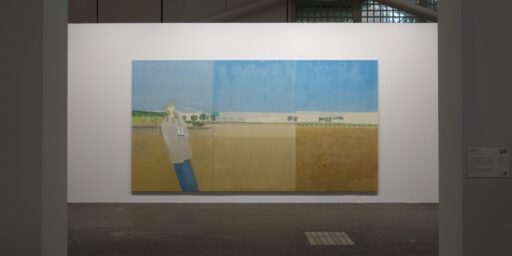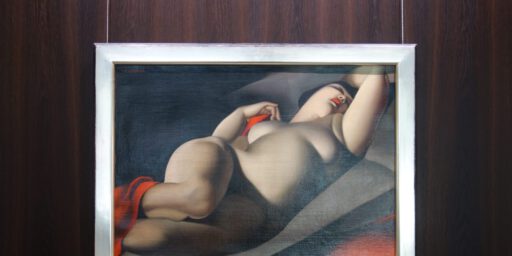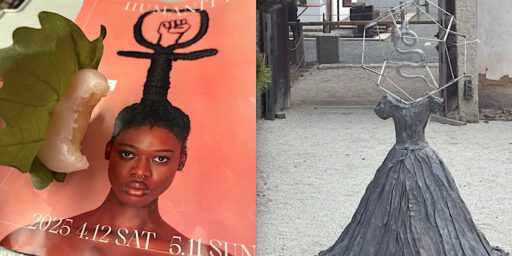死・血を巡って、にっぽん人と侍・将軍 Death & Blood: Japanese and the Samurai & Shogun
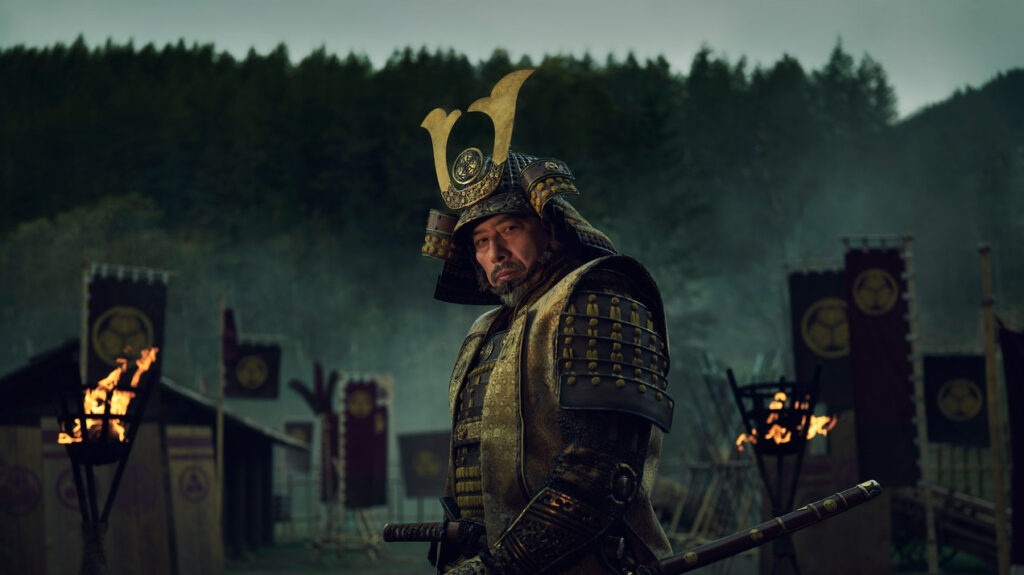
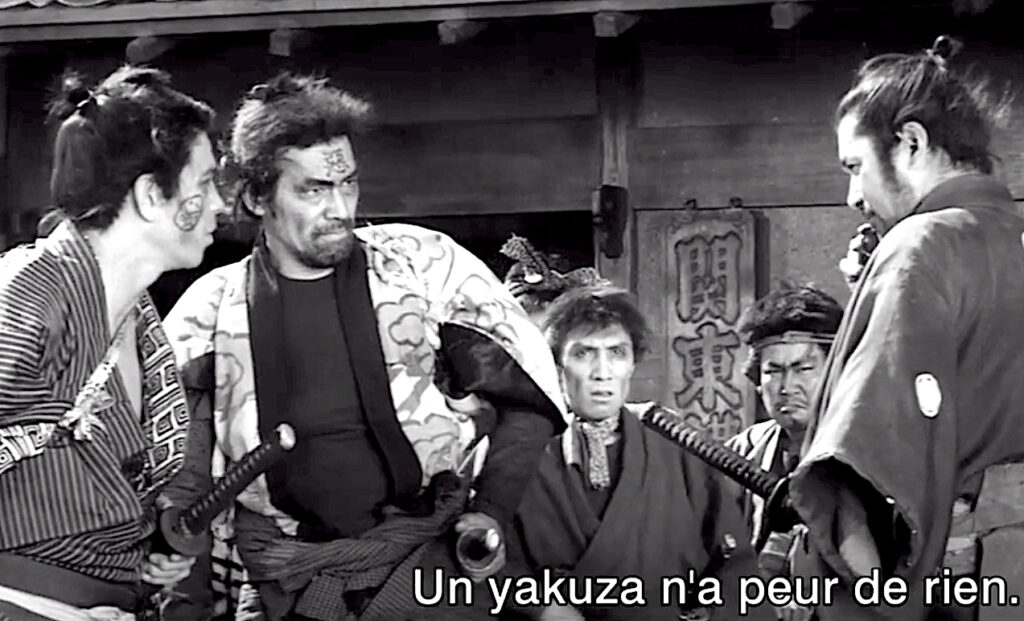
Update 2024/9/26
死・血を巡って、にっぽん人とヤクザ・侍・将軍
Death & Blood: Japanese and the YAKUZA, Samurai & Shogun
https://art-culture.world/articles/japanese-music-industry-yakuza/
(End of up-date.)
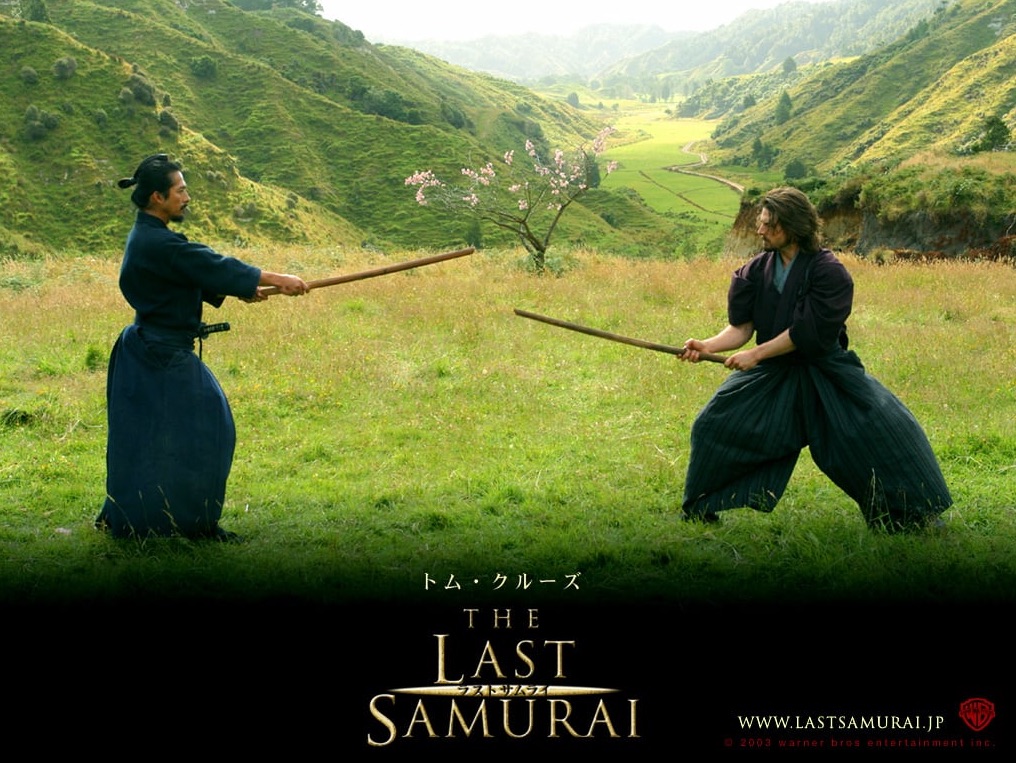
真田広之くん、オ・メ・デ・ト。
Yeah, after The Last Samurai, you did it.
Very bad vibrations for Japanese women.
「本物の日本文化」って?
もう笑うしかない。
以上。
東京、令和6年9月16日、12時55分
亜
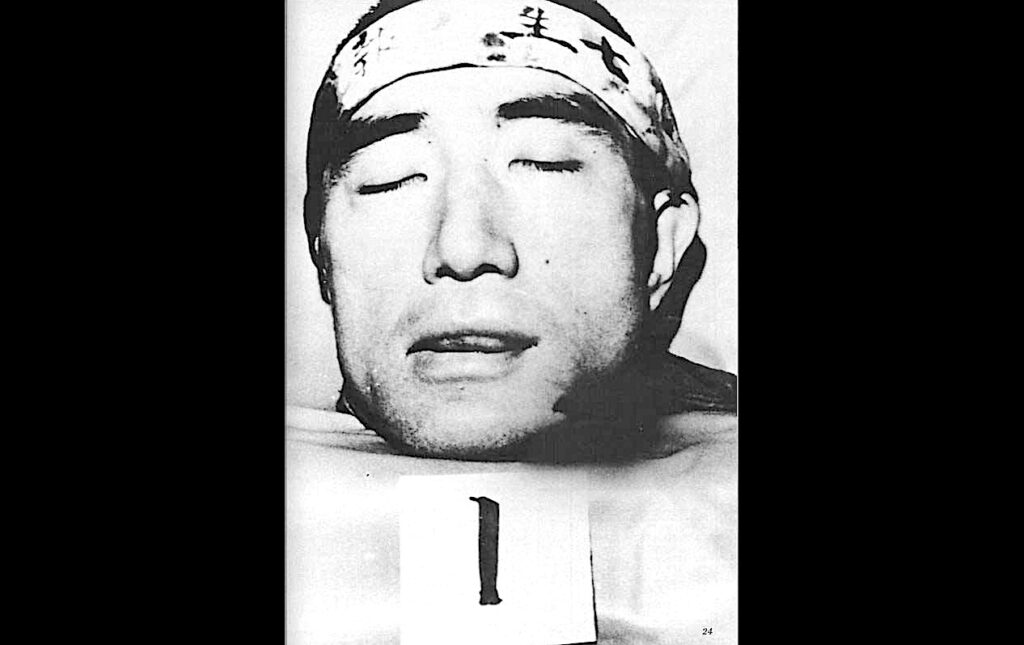
The Hollywood Reporter @THR
At the #Emmys red carpet, Hiroyuki Sanada, star and producer of #Shogun, talks about the significance of incorporating Shakespearean language into the show’s Japanese dialogue
https://x.com/THR/status/1835447794259132468
米エミー賞 真田広之さん主演男優賞「SHOGUN 将軍」作品賞受賞
NHK 2024年9月16日 12時21分
「SHOGUN 将軍」とは
「SHOGUN 将軍」は、1975年に発表され世界的にヒットした、戦国時代の日本が舞台の小説が原作の作品です。
真田広之さん演じる徳川家康をモデルとした架空の武将が、日本に漂着してきたイギリス人航海士と関わることで、戦乱の窮地をくぐり抜け、天下統一を目指します。
真田さんは主役を演じるだけでなくプロデュースも務めていて、衣装やたてなど各分野に通じた専門家を起用。
これまでのハリウッド映画などでは日本から見ると違和感があった描写をあらため、「本物の日本文化」を発信することが強く意識されています。
リアリティーのある演出や迫力あるアクションが随所に盛り込まれ、激動の戦国時代の物語を壮大なスケールで描いています。
https://www3.nhk.or.jp/news/html/20240916/k10014582911000.html
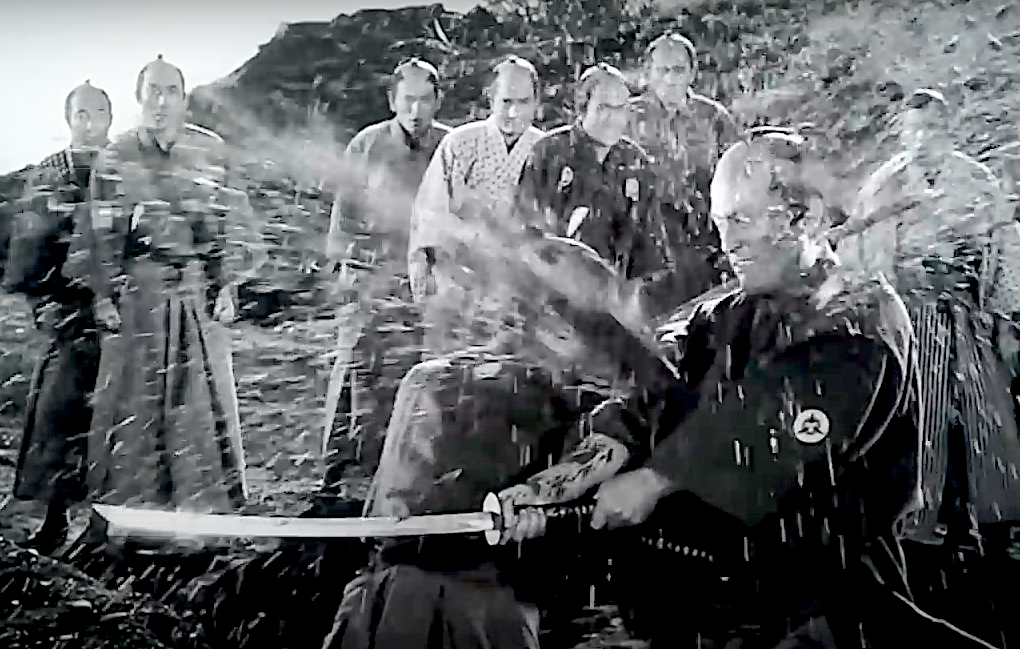
Up-date 2024/9/17
#エミー賞 主演女優賞に輝いた
アンナ・サワイが米『ハリウッド・リポーター』主催の前夜祭に参加✨
「会ってみたいセレブは?」「俳優であることの一番悪い点・良い点は?」など、気になる質問に答えてくれました🗣️📝
#アンナサワイ #SHOGUN #将軍 #エミー賞2024
動画をチェック👇👇
Translated from Japanese by Google
#エミー賞 Anna Sawai, winner of the Best Actress award, attends the pre-show party hosted by The Hollywood Reporter ✨
She answered some of the questions we were curious about, such as “Which celebrity would you like to meet?” and “What is the best and worst thing about being an actress/actor?”
https://x.com/THRJapan/status/1835659885201301612
—–
𝐦𝐚𝐜𝐡𝐢.@unevfil_e
#Emmys 頼むからメディアは『SHOGUN 将軍』の大挙を報じる際の「日本凄い!」語りはやめて下さいね…賞賛すべきは、長きに渡って殆どタダ働きで監修に携わり、差別的な日本描写に異議を唱えて来た真田広之本人であって、そこに“日本人が〜”と語る前に、彼がその役割を果たしている間、(続く
Translated from Japanese by Google
#Emmys Please, media, when reporting on the large number of people who have come to see “SHOGUN”, please stop saying “Japan is amazing!”… The person who should be praised is Hiroyuki Sanada himself, who has been involved in the supervision of the film for a long time, working almost for free, and has spoken out against the discriminatory portrayal of Japan. Before saying “the Japanese are…”, I think it would be better to say that while he was playing that role, (continued)
https://x.com/unevfil_e/status/1835534913094697279
メディアはあなた達は何をしていたか?どんな作品を創っていたのか?アジア系蔑視の環境下で搾取され、それでも取るべき行動を取っていた真田広之に目をくれていたか?を想って、そうで無いのならば深く反省して欲しい…絶対に主語を大きくしないで欲しい、。世間もその共通認識でありたい。
Translated from Japanese by Google
What were you doing, media? What kind of works were you creating? Did you pay attention to Hiroyuki Sanada, who was exploited in an environment where Asians were discriminated against, and yet still took the action he should have taken? If not, I want you to think about this and deeply reflect on it… I absolutely do not want to exaggerate the subject. I want the public to share this common understanding.
https://x.com/unevfil_e/status/1835535039335211187
—–
個々人が抱く「日本の良さ」について、その価値観も表現方法も(ある程度)自由だと思っていますが、懐疑的なのは、評価されるべき人の背景を深掘りする事なく「その人物を世界に輩出した日本凄い!」な流れになってしまう現象についてなわけで…とりわけ今回の #Emmys での快挙に関しては(続く
Translated from Japanese by Google
I believe that each individual is free to express their own values and ideas about what is good about Japan (to a certain extent), but I am skeptical of the phenomenon where people say “Japan is amazing for producing such a person into the world!” without digging deeper into the background of the person who should be praised…especially in regards to this #Emmys achievement (continued)
https://x.com/unevfil_e/status/1835675166409719857
製作と資金の大半を米国が担っており、そして長い時間をかけ、異国でその土台を固めに行ったのも真田広之という人がやり遂げた“快挙”であり、彼がどれ程にその才能に相応しくない役柄を当てがわされて来たか、という視点も含め、まるっと“日本凄い”で包括されて欲しくない…という願いがあります。
Translated from Japanese by Google
The majority of the production and funding was provided by the United States, and it was a great achievement for Hiroyuki Sanada to spend a long time laying the foundations for this film in a foreign country. I would like to think that this film should not be blanketed in just “Japan is amazing,” and that it also takes into account how many roles he has been given that are unsuitable for his talents.
https://x.com/unevfil_e/status/1835675297058111725
ハリウッドにおいては日本は同性愛や女性や障害者や有色人種と同じくマイノリティなんです。創作においてマイノリティの権利を尊重するという姿勢がなかったらShogunは白人キャストが大勢を占め、日本とは思えない描写でお茶を濁され戦国時代の日本という設定をまさに盗用されて終わっていたはずです。
Translated from Japanese by Google
In Hollywood, Japan is a minority, just like homosexuals, women, people with disabilities, and people of color. If there hadn’t been an attitude of respecting the rights of minorities in creative work, Shogun would have ended up with a predominantly white cast, muddied by depictions that don’t seem Japanese, and the setting of Japan in the Warring States period being simply stolen.
https://x.com/papurika_dreams/status/1835634361523163623
Facebook より:
感動で震えが止まらない!本気の名作「SHOGUN」がエミー賞を受賞、それも日本語で! 「SHOGUN」全スタッフ・キャストの皆さんに祝福を送りたい! 実は真田さんとは40年前に誓いあったことがある。
あれはミラノの誰もいない小さな公園だった。深夜まで長々と語り合い、真田さんは「僕、世界で活躍して日本の凄さを伝えたいんだ」。僕は「ブロードウェイや世界で演出する」とお互いの将来の誓いを立て握手した。今、真田さんは多くの壁を越え一心不乱に突き進み支持された、ただただ脱帽、自分もお陰で奮起した。宮本亞門
I can’t stop shaking with emotion! A true serious masterpiece “SHOGUN” won an Emmy Award, and it was in Japanese! I would like to send my blessings to all the staff and cast of “SHOGUN”! Actually, I made an vow with Sanada-san 40 years ago.
It was a small, empty park in Milan. We talked for a long time until late at night, and Sanada said, “I want to be active in the world and convey the greatness of Japan.” I shook hands and vowed for our future, “I’ll direct on Broadway and around the world.” Now, Mr. Sanada has overcome many obstacles and has been able to push forward with all his heart and receive support. I can only take my hat off to him, and I am also inspired by his support. Amon Miyamoto
2024/9/19 up-date
CDB@初書籍発売中! @C4Dbeginner
正直アメリカ人、『七人の侍』が大好きで『SHOGUN』も大好きなんだったら、『影の軍団』も『必殺仕掛人藤枝梅安』も『大江戸捜査網』も『真田丸』もみんなイケるんじゃねえか、見たことないだけなんじゃねえかという疑惑がある
Translated from Japanese by Google
To be honest, if Americans love “Seven Samurai” and “SHOGUN,” then surely “Shadow Guard,” “Hissatsu Shikakenin Fujieda Baian,” “Oedo Detective Network,” and “Sanada Maru” would all be good, or maybe they just haven’t seen them.
https://x.com/C4Dbeginner/status/1836328629489594469
茶色いワンコ🐶 @takigawa_w
マジレスしますと
やりようによっては「真田丸」以外はイケるのでは?
「真田丸」は豊臣秀吉、徳川家康の因縁の戦いが念頭に無いと辛いと思います。
それで真田広之さんは敢えて架空の人物を「SHOGUN」にドラマだけの存在として出した。
それが「SHOGUN」がアメリカで受けて、日本でイマイチな理由だと思います😅
Translated from Japanese by Google
Seriously speaking, if you do it right, I think you could do anything other than “Sanada Maru.”
I think it would be difficult to watch “Sanada Maru” without keeping in mind the fateful battle between Toyotomi Hideyoshi and Tokugawa Ieyasu.
So Hiroyuki Sanada deliberately included a fictional character in “SHOGUN” who existed only in the drama.
I think that’s why “SHOGUN” was well received in America but not so well received in Japan 😅
https://x.com/takigawa_w/status/1836345176803151944
緑一色 @lecceedsserd
まず、「アメリカ」に流し込む「時代劇」を「何」にするか…
必殺仕事人だとポリコレのせいで「ピー」音多数になりそうだし…
大岡越前にしても暴れん坊将軍にしても御家人斬九郎にしてもクライマックスは殺し合い…
ポリコレ避けるには…水戸黄門や遠山の金さん、あとは大河あたりが無難?…
First of all, “what kind” of “Historical Drama” should be broadcast in “America”?
If it were “Hissatsu Shigotonin” (Japanese television ‘JIDAI GEKI’ or Historical Drama), there would probably be a lot of beeps (censorship) due to ‘political correctness’…
Whether it’s “Ōoka Echizen” (Japanese prime-time television JIDAI GEKI Historical Drama series),
– “The Unfettered Shogun” (Abarenbō Shōgun 暴れん坊将軍) (Along with “Zenigata Heiji” and “Mito Kōmon”, it ranks among the longest-running series in the ‘JIDAI-GEKI Historical Drama genre’. Like many other JIDAI GEKI Historical Dramas, it falls in the category of “Kanzen chōaku” 勧善懲悪 (勧(kan), 善(zen), 懲(cho) and 悪(aku) and means encouraging/rewarding good/virtuous and punishing the evil/wicked))
– or Gokenin Zankurō (御家人斬九郎) is a novel by Renzaburō Shibata 柴田錬三郎. The protagonist of this JIDAI GEKI Historical Drama is MATSUDAIRA Zankurō 松平残九郎 (The Matsudaira clan (松平氏, Matsudaira-shi) was a Japanese samurai clan that descended from the Minamoto clan), a low-ranking gokenin 御家人 (vassal of the shogunate of the Kamakura and the Muromachi periods) in the service of the Tokugawa Bakufu/ Shogunate 徳川幕府…
the climax is a fight to the death…
To avoid political correctness… “Mito Kōmon” (水戸黄門), “Tōyama no Kin-san” (遠山の金さん) or a Taiga Drama (大河ドラマ) (Annual year-long Historical Drama NHK TV series) would be safe?
https://x.com/lecceedsserd/status/1836347263108682102
2024/9/27 up-date:
「海外の方々から、日本人女性はセクシュアルに見られたり、はっきり物を言わないと思われたりしている。それは本当の姿じゃないと感じてきた」
有料記事がプレゼン9月28日 01:08まで全文
SHOGUNのヒロイン役が拒んだ2シーン 変えたかった日本女性像:朝日新聞デジタル
Translated from Japanese by Google
“People overseas see Japanese women as sexual and shy. I’ve come to feel that this isn’t the way we really are.”
Paid article will be presented until September 28th 01:08 Full text
SHOGUN’s heroine refused two scenes to change the image of Japanese women: Asahi Shimbun Digital
https://x.com/KOKAMIShoji/status/1839336505132859673
日本人女性は隠してるところがいっぱいだから、それを玉ねぎの皮のように剥いても剥いても、まだ隠し続けるから、玉ねぎではないんだけど、たぶん、玉ねぎのように無限に剥かれ続けたいという密かな願いがあるのでは?
Translated from Japanese by Google
Japanese women have a lot to hide, and no matter how much you peel it like the layers of an onion, there’s still more that is hidden, so they’re not really onions. But perhaps they have a secret desire to be peeled back endlessly like an onion?
https://x.com/mamimoni5/status/1839471084523151445

Translation by Google and some additional explanations.
SHOGUNのヒロイン役が拒んだ2シーン 変えたかった日本女性像
2 scenes that SHOGUN’s heroine refused: The image of Japanese women that she wanted to change
2024年9月26日
第76回エミー賞で、「SHOGUN 将軍」が作品賞など18部門を制した。細川ガラシャをモデルとする物語のキーパーソン、戸田鞠子を演じたアンナ・サワイさんは、最高の栄誉である主演女優賞を獲得。無名の俳優だったが一躍、国際的に注目される存在となった。
そんなサワイさんは、今作で製作側に対し、二つのシーンでの演技を拒否していた。背景には、日本人女性の見られ方を変えたいという、確固たる意思があった。
At the 76th Emmy Awards, “Shogun General” won 18 categories, including Best Picture. Anna Sawai, who played Mariko Toda, a key character in the story based on Hosokawa Garasha, won the highest honor, the Best Actress Award. Although she was an unknown actor, she suddenly gained international attention.
Ms. Sawai had refused to act in two scenes to the producers of this movie. Behind this was a firm desire to change the way Japanese women are viewed.
エミー賞で主演女優賞を獲得し、一躍、世界的注目を集めることになった俳優のアンナ・サワイさんは現在、海外を拠点に活動しています。記事の後半では、拠点を移した理由や、演技を拒否したシーンとその理由について聞きました。
Actor Anna Sawai, who suddenly gained worldwide attention after winning the Best Actress Award at the Emmy Awards, is currently based overseas. In the second half of the article, we asked her about her reasons for moving her base and the scenes she refused to act in and why.
「SHOGUN」は徳川家康がモデルの戦国武将、吉井虎永を主人公に描く全10話の時代劇だ。俳優の真田広之さんが主演、プロデュースを務める。製作主体は米国だが、セリフの大半は日本語で、時代考証を丹念に行うなど、日本の描き方をオーセンティック(本物志向)にすることを目指して製作された。
“SHOGUN” is a 10-episode historical drama starring Yoshii Toranaga, a Sengoku warlord modeled after Tokugawa Ieyasu. Actor Hiroyuki Sanada will star and produce. Although the film was primarily produced in the United States, most of the dialogue is in Japanese, and the film was created with the aim of authenticating the way Japan is portrayed, including careful historical research.
通訳として虎永と外国人らの橋渡しになったキリスト教徒の鞠子を、サワイさんが演じた。
ニュージーランドで生まれ、東京で育った。2009年に米国映画「ニンジャ・アサシン」で映画デビュー。その後、日本では音楽グループで活動していたが、19年、米国の芸能事務所と契約し、活動拠点を海外に移した。これまで米国映画「ワイルド・スピード/ジェットブレイク」(21年)などに出演してきた。
Sawai played Mariko, a Christian who acted as an interpreter between Toranaga and the foreigners.
Born in New Zealand and raised in Tokyo. In 2009, she made her film debut in the American film “Ninja Assassin.” After that, she was active in a music group in Japan, but in 2019, she signed a contract with an American entertainment agency and moved her activities overseas. So far, she has appeared in American films such as “Fast and Furious: Jet Break” (2021).
海外を拠点に俳優活動する理由
Reasons for working as an actress overseas
サワイさんは、海外を選んだ理由について「仕事や役を、自分で選びたいからです」と話す。
芸能事務所が所属俳優の仕事を管理することが多い日本より、俳優がエージェントやマネジャーを雇うことが一般的な米国での方が、主体的に仕事を選べるのではないかと考えたという。
日本で活動していたとき、音楽グループの活動に穴をあけてはいけないと、海外作品のオーディションを受けさせてもらえなかった経験も大きかったと振り返る。
Regarding the reason why she chose to go abroad, Sawai says, “I want to choose my own job and role.”
She thought that in the United States, where it is common for actors to hire agents and managers, they would be able to choose their jobs more independently than in Japan, where entertainment agencies often manage the work of their actors.
Looking back, when she was active in Japan, she was not allowed to audition for overseas productions because she was afraid to disrupt the music group’s activities.
本格的に海外で俳優活動を始めたサワイさんは、鞠子役をオーディションで勝ち取った。時代劇への出演は初めてで、所作のレッスンに通い、歩き方や打ち掛けの扱い方、座り方などを特訓。乗馬のキャンプに参加し、殺陣も学んだ。書をしたためる場面では細川ガラシャが実際に書いた字をまねるよう努めるなど、細部にもこだわった。
Sawai, who began her acting career overseas in earnest, won the role of Mariko in an audition. This was her first time appearing in a historical drama, and she attended a lesson on how to walk, how to handle uchikake, and how to sit. She attended a horseback riding camp and also learned sword fighting. Attention was paid to details, such as trying to imitate the handwriting that Hosokawa Garasha actually wrote in the scene where she was writing down calligraphy.
カナダの撮影現場では、所作の指導者が4人ほどついていた。「現場でもお辞儀の角度などを逐一指導してもらえるから、不安がなかったです」
鞠子は暗い過去を抱え、夫からはDV(家庭内暴力)も受けるが、男性たちに物おじせず接する。そんな鞠子を演じるにあたって「当時にしては強すぎるくらい、芯が強いさまを表したかった。おしとやかであどけない、という典型的な日本人女性のイメージよりも、ぶれない人間を演じることを大事にした」。
At the filming location in Canada, there were about four people who guided the filming. “I didn’t have to worry because I was given step-by-step guidance on the angle of bowing and other things on-site.”
Mariko has a dark past and suffers from domestic violence (DV) from her husband, but she treats men without hesitation. When playing Mariko, she said, “I wanted to portray someone who was strong to the core, way too strong for that time.It was more important for me to play an unwavering person than the image of a typical Japanese woman who is ladylike and innocent.”.
海外での見られ方「本当の姿じゃない」
(How Non-Japanese / not in Japan living people)
Be seen by people from overseas “That’s not the real “person” / “character” / image” (edit: of Japanese women)
そして、製作側には二つのシーンについて「NG」を言い渡していた。
一つは、「ぬれ場」。オーディションを受ける前から、「ぬれ場があるなら出演しない」と訴えた。もう一つは、着物を脱いで温泉に入るシーン。役を得た後に、拒んだ。
Then, the production side was told that two scenes were “NG” (edit: not possible).
One is the “Nureba” 「ぬれ場」(edit: A scene depicting an affair between a man and a woman in a play, drama, etc.).
edit, additional explanations
NUREBA 濡れ場(ベッドシーン、セックスシーンとも)は、映画やテレビドラマなどに登場する性交シーンのこと。 性交以外の性行為や性描写のないヌードシーンも、濡れ場と呼ばれることがある。
NUREBA = A sex scene (also known as a bed scene or sex scene) that appears in movies or TV dramas. Sexual acts other than sexual intercourse or nude scenes without sexual depictions are also sometimes referred to as erotic scenes.
(end of edit, additional explanations)
Google translation + edit:
Even before the audition, she said, “I won’t appear if there’s a wet scene (edit: sex scene).” The other scene was taking off her kimono and entering a hot spring. After getting the role, she rejected it.
サワイさんは、二つのシーンをNGとした理由について「自分がやりたくないだけではない」と語る。
「海外の方々から、日本人女性はセクシュアルに見られたり、はっきり物を言わないと思われたりしている。それは本当の姿じゃないと感じてきた」。だからこそ、日本人女性を演じるうえで、世界の視聴者に性的対象として見られることを避けたかったのだという。
Regarding the reason why he rejected these two scenes, Sawai says, “It’s not just that I don’t want to do them.”
“People overseas think that Japanese women are sexualized or that they don’t speak out clearly. I have come to feel that this is not their true nature.” That’s why, in playing a Japanese woman, she wanted to avoid being seen as a sexual object by viewers around the world.
製作側はサワイさんの意向をくんだ。温泉の場面については、英国人航海士の男性が入浴するシーンに変更されたという。サワイさんは「気を使ってもらえた」と振り返る。
The production side listened to Mr. Sawai’s wishes. The hot spring scene was reportedly changed to show a male British navigator taking a bath. Looking back, Sawai says, “They took care of me.”
米ドラマの最優秀作を決めるエミー賞は、米アカデミー賞やグラミー賞と並ぶ祭典。15日(日本時間16日)にあった授賞式、サワイさんは主演女優賞の発表で自分の名前が呼ばれると、涙を流しながら壇上に向かった。
しかし、4日後の取材には笑顔で、さばさばと受賞について語った。
「受賞はうれしいし、評価されたことは自信につながる。けれど良い時期はいつまでも続くわけじゃないから、浮かれすぎないようにしています」
The Emmy Awards, which determine the best American drama, are a festival that ranks alongside the Academy Awards and the Grammy Awards. At the awards ceremony on the 15th (16th Japan time), when Sawai heard her name called for the Best Actress award, she headed to the stage in tears.
However, when interviewed four days later, he smiled and talked about mackerel and the award.
“I’m happy to receive the award, and being appreciated gives me confidence. However, the good times won’t last forever, so I try not to get too excited.”
受賞の翌日にはオーストラリアに移り、新たな撮影をしているという。
The day after she won the award, she moved to Australia and is currently doing a new film shooting.
https://digital.asahi.com/articles/ASS9T13RQS9TUCVL024M.html
ここに載せた写真、文章やスクリーンショットは、すべて「好意によりクリエーティブ・コモン・センス」の文脈で、日本美術史の記録の為に発表致します。
Creative Commons Attribution Noncommercial-NoDerivative Works
photos+texts: cccs courtesy creative common sense

今日のおまけ:
